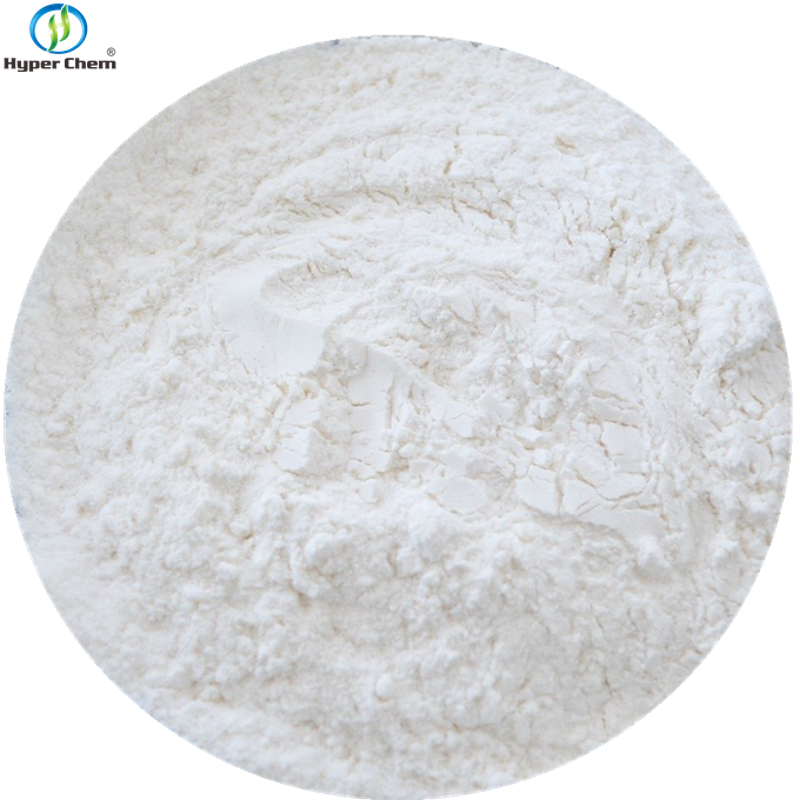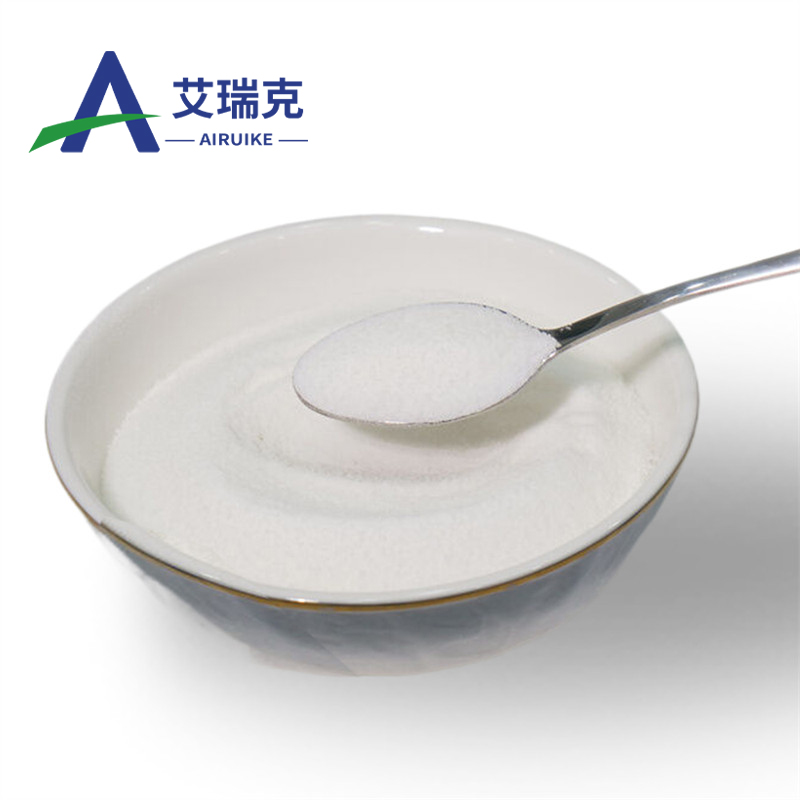-
Categories
-
Pharmaceutical Intermediates
-
Active Pharmaceutical Ingredients
-
Food Additives
- Industrial Coatings
- Agrochemicals
- Dyes and Pigments
- Surfactant
- Flavors and Fragrances
- Chemical Reagents
- Catalyst and Auxiliary
- Natural Products
- Inorganic Chemistry
-
Organic Chemistry
-
Biochemical Engineering
- Analytical Chemistry
-
Cosmetic Ingredient
- Water Treatment Chemical
-
Pharmaceutical Intermediates
Promotion
ECHEMI Mall
Wholesale
Weekly Price
Exhibition
News
-
Trade Service
In observational studies, weakness has been strongly associated
with cardiometabolic diseases.
However, whether the observed association reflects causation needs to be clarified
.
To this end, Chinese scholars from Hangzhou Medical College conducted a two-way Mendelian randomization (MR) study to evaluate the causal relationship
between frailty, as measured by the frailty index (FI), and coronary artery disease (CAD), stroke, and type 2 diabetes (T2D).
The researchers extracted genome-wide statistical abstracts
of FI (N = 175226), CAD (Ncase = 60801, Ncontrol = 123504), stroke (Ncase = 40585, Ncontrol = 406111), and T2D (Ncase = 55005, Ncontrol = 400308) in individuals of European ancestry.
Independent genetic variants associated with each phenotype at the genome-wide significance level are used as tools
.
Two-sample MR analysis was mainly performed using the antivariance weighting method, followed by various sensitivity and confirmatory analyses
.
The results showed that higher FI predicted by posthumous prediction was significantly associated with increased risk of CAD (OR=1.
52, 95% confidence interval [CI]1.
17-1.
96) and T2D (OR=1.
80, 95% CI 1.
31-2.
47), and implied a higher risk of stroke (OR=1.
36, 95% CI 1.
01-1.
84).
。 In the reverse analysis, genetic responsibility for CAD (β 0.
037, 95% CI 0.
019-0.
055), stroke (β 0.
096, 95% CI 0.
051-0.
141) and T2D (β 0.
047, 95% CI 0.
036-0.
059) was clearly associated
with increased FI.
The results were stable
in both sensitivity and confirmatory analyses.
Taken together, the study strengthens the evidence for a bidirectional causal relationship between frailty and cardiometabolic disease.
Further understanding of this association is critical
to optimizing care for older adults.
References:
Frailty and cardiometabolic diseases: a bidirectional Mendelian randomisation study, Age and Ageing, Volume 51, Issue 11, November 2022, afac256, https://doi.
org/10.
1093/ageing/afac256







